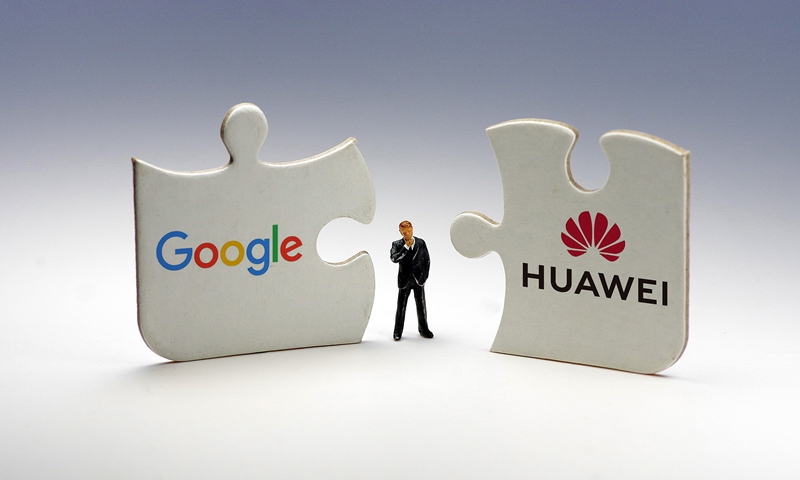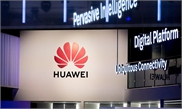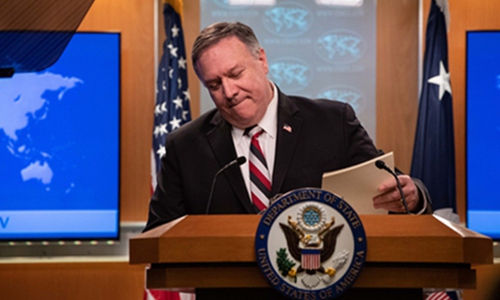
Photo: VCG
Since Chinese tech giant Huawei was pinned in the eye of a Beijing-Washington geopolitical storm by the US, quite a few Westerners have raised the question from time to time: Why is China upset when Chinese companies get banned in the US while China itself has also banned US tech firms? It is time to clarify how different the two issues are.
Let's set things straight. China did not ban any foreign tech companies. On the contrary, it was foreign enterprises, such as Google and Facebook, that made their choice to leave or to enter the Chinese market because they did not want to play by Chinese rules when operating in China. Meanwhile, when Chinese companies carefully abide by American laws in the US market, Washington spares no effort in discrediting them, choreographing groundless allegations that US national security is threatened.
It was Google's own decision to pull out from China in 2010 since the company believes that abiding by Chinese laws does not conform with its so-called democratic values. China did not ban Google. Cybersecurity regulation is a domain in which all countries worldwide are exploring ways to strike a balance between securing freedom and a healthy internet environment. No country, including the US, would decline such a necessity.
Yet the US has been trying to destroy Chinese firms. Washington is not only banning Huawei, but also lobbying the entire world to boycott it.
China did not block any supply chain of US high-tech enterprises, did not smear any US companies, did not arrest any senior executives of American firms without solid proof, or did not coerce other countries to stop cooperating with Google or Facebook.
Isn't the difference clear? It is one thing whether or not a company is willing to adhere to foreign laws for access to a local market, but another thing when a country tries in each and every way on purpose to bring a foreign company to its knees.
Certain Western companies once tried to make Chinese law crumble under Western ideology. They would be naïve to believe that China might react differently than giving them a cold shoulder. Complying with Chinese law is the bottom line of doing business in China, and China's door could and would be wide-open for them any time as long as they decide to abide by China's laws.
When the US faces Chinese high-tech firms, it is quite another thing. As Chinese Foreign Ministry spokesperson Hua Chunying said on Thursday, Huawei's "only fault in the eyes of the US is that it's a Chinese company" and the US' crackdown on it was all driven by "strong ideological bias."
Just because Huawei, or any other Chinese technological giant, has emerged from China, a country led by a Communist party with a different ideology than the US, Washington thinks it is threatened. Elites in the US,especially those in the White House, find it hard to accept any Chinese company with advanced technologies that could surpass that of the US.
The Cold War mind-set has never left Washington even though the Cold War ended three decades ago. Some frenzied US politicians are attempting to launch another cold war against China and they are creating a united front across the globe. The current US administration does not even bother to gloss up such intentions by forcing its allies to take sides - it is either Beijing or Washington and there is no middle ground.
Whether more US companies will land on Chinese soil is a matter of law. But the US suppressing Chinese firms is a geopolitical issue. When Beijing tends to stick to the rules, Washington's bandit-style logic is, no country can and should do business with Chinese companies as long as the US says so.


